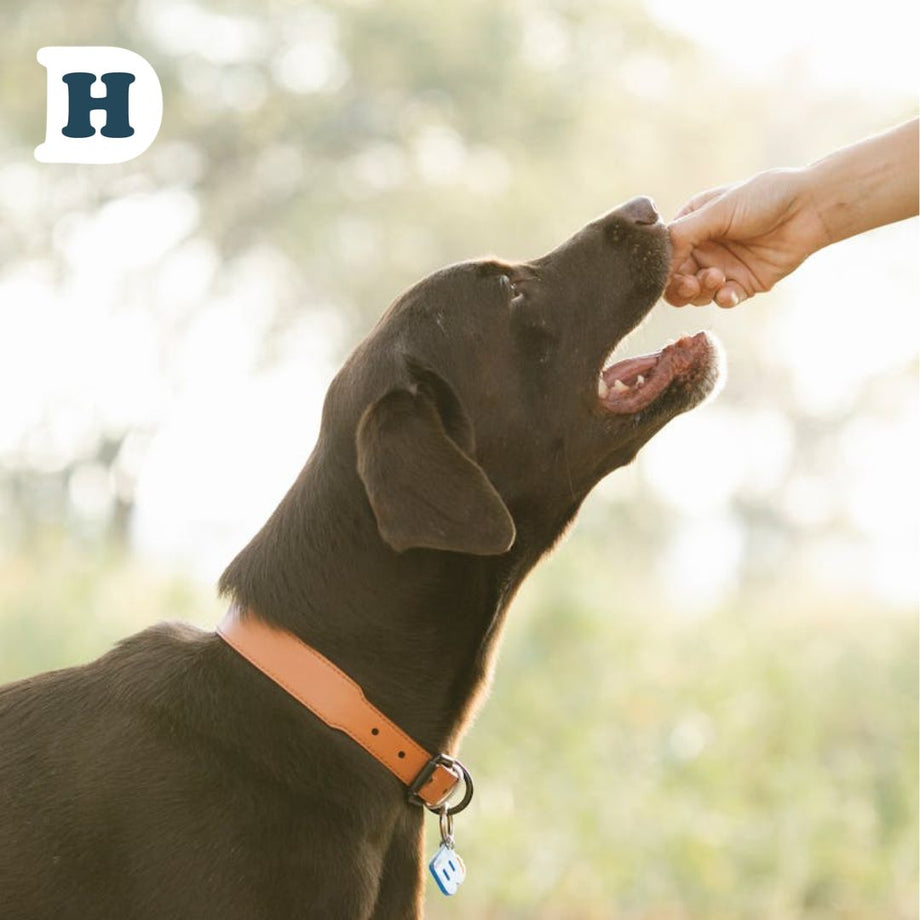Dog food has changed a lot in the last 40 years and combined with improvements in vet care our pets are living longer, healthier and happier lives. One of the most current trends that we are seeing in dog is the rise of grain free formulas. As pet owners, it’s hard to know what we should feed our dogs and are these foods really better for our pets or are they just another fad? The answer like so many things when comes diet probably lies somewhere in the middle.
What do dogs need in their diet?
Dogs need a source of protein and a source of carbohydrate in their diet. As they are omnivores (they eat plant material and meat), different sources can be used to provide both the protein and carbohydrate. Traditionally the protein component of the food is derived from meat and meat by products (this can be muscle tissue and organ meat) The carbohydrate source comes from grains including corn, barley and sometimes wheat.
Skin conditions and stomach issues can often be linked to diet. Some people believe that these issues are related to a grain allergy, although interestingly, the most common allergen experience by dogs is chicken and then three other meat proteins. The fifth is the first of the grains.
That said, often changing to a food that is grain free can improve both skin and stomach conditions in many dogs and this is probably two-fold. The first reason is that many grain free foods use alternate protein sources such as fish or lamb as their protein source and these are favoured when dogs are having intolerance with traditional chicken based foods. Secondly, their carb source is usually chick peas, potatoes or rice, again these are usually low allergen products for dogs.
For a grain free dog food high in omega 3, try the new Man's Best Ocean Fish formula. This formula uses fish and sardine meal to the recipe and all Man's Best recipes contain fish oil.
What is the best dog food for allergies?
It would appear from this that grain free diets are the way to go but like everything there can be drawbacks. Grain free diets may increase the weight of your dog as they tend to be higher in fat. This makes them more palatable so dogs are keen to eat so if you’re going grain free then decrease the amount you’re feeding.
Ensure that your grain free food meets the AAFCO feed standard. Avoid grain free foods that claim having a limited number of ingredients as often these are missing important macro and micro nutrients that help your pet effectively digest and use the energy out of the food. If in doubt always seek the advice of your vet before making changes to your pets diet, especially if you think that your pet may have a serious health condition.
©deliveryhound.com.au 2019






